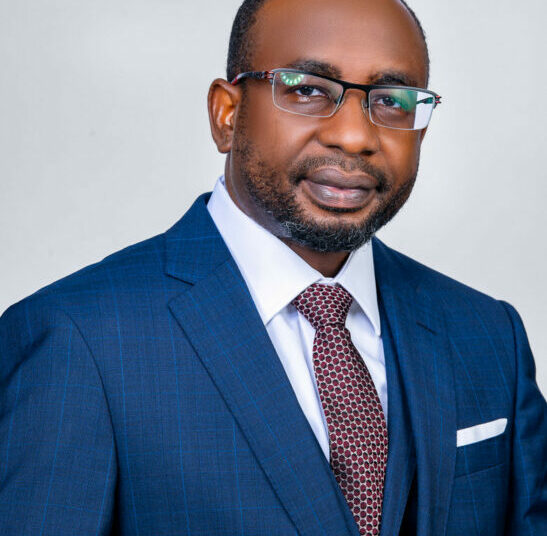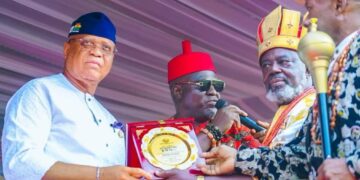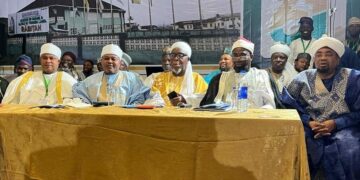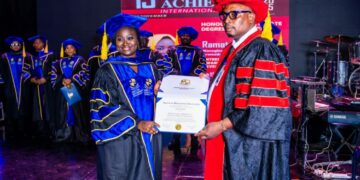The director-general of the National Information Technology Development Agency (NITDA), Kashifu Inuwa, has emphasised the importance of Nigerians leveraging Artificial Intelligence and emerging technologies to acquire skills relevant to the modern era.
He spoke with journalists at the end of the Digital Nigeria International Conference 2025, a flagship initiative of NITDA that brings together Nigeria’s tech, startup and innovation communities.
He said the event served as a strategic platform for showcasing breakthroughs, exchanging ideas and exploring global trends aligned with Africa’s digital transformation agenda.
The NITDA boss said, “We need to position ourselves as a country to harness and benefit from these emerging technologies. We also have a track on the emerging digital infrastructure and trust. We need to start building and be more intentional about building our digital infrastructure, just as we invest in roads, railways and airports. We need to invest in digital infrastructure because we are in a digital era. So, we need the infrastructure that will power that economy.”
He said the conference focused on five tracts – one of which is connectivity, which aims to build the infrastructure to connect the unconnected in Nigeria and ensure that every Nigerian is connected to the digital economy.
“We also have a track on AI and emerging technologies as technology is disrupting everything. We need to position ourselves because this technology is not going to replace you and I, but it will replace the skills we have and also the way we do our work.
“Then we also have a track on digital literacy and skills because we have a very young population, which if we harness their talent, it will be our most promising dividend as a nation and if we fail to do that, we will end up squandering our most precious asset as a nation,” Inuwa said.
He said the only way to harness the population’s potential is through digital skills capacity building, adding that the track on digital trade is necessary because Nigeria wants every citizen with a talent to contribute to the global tech and innovation ecosystem.
According to him, “We want every code built by a Nigerian to be a product that we can export. We want every intellectual property to be a national asset. We want to see how we can harness it, help our citizens to build solutions for our local problems, but with the intention of exporting it to other African countries and to the world.”
Inuwa stated that although Nigeria lacks an exchange platform, a bill is currently before the National Assembly to provide an institutional and legal framework for creating a data exchange platform for the country.
The conference had more than 4,400 participants from 12 countries and 25 states in Nigeria.





